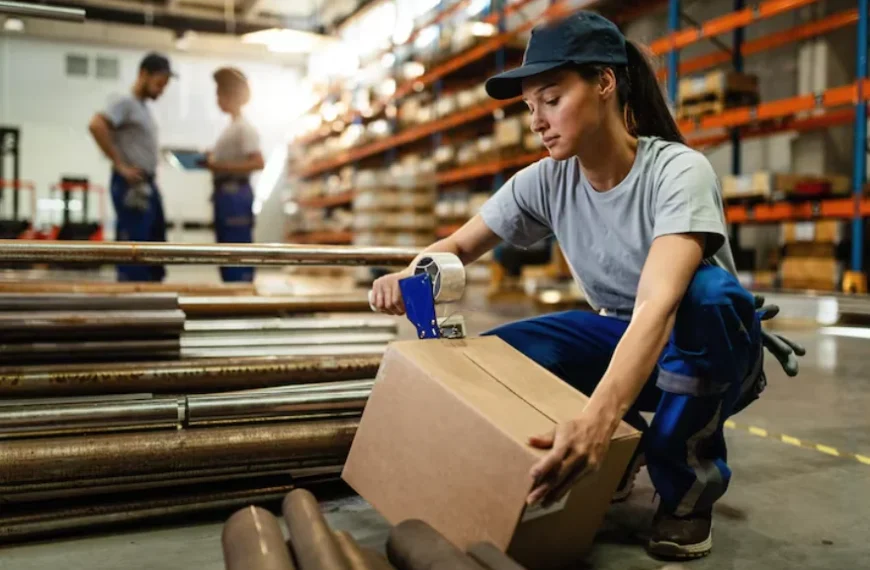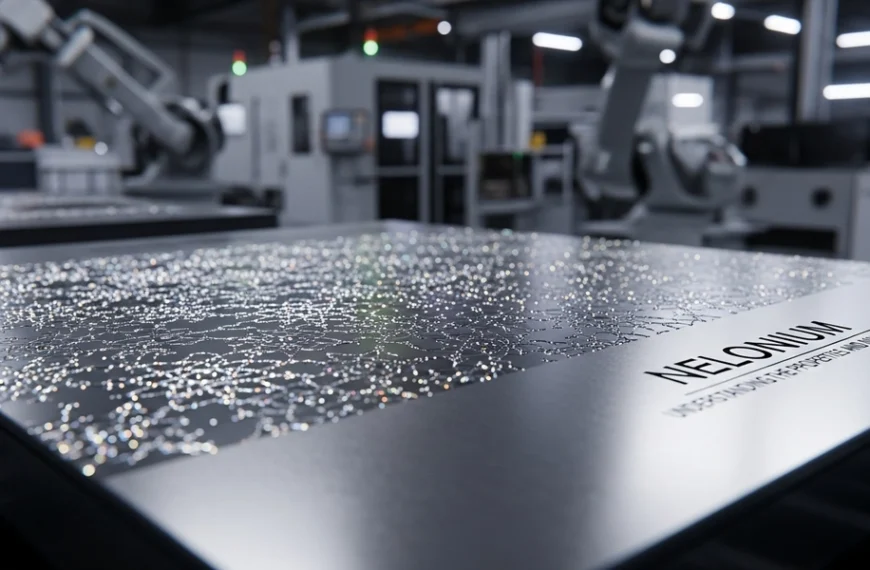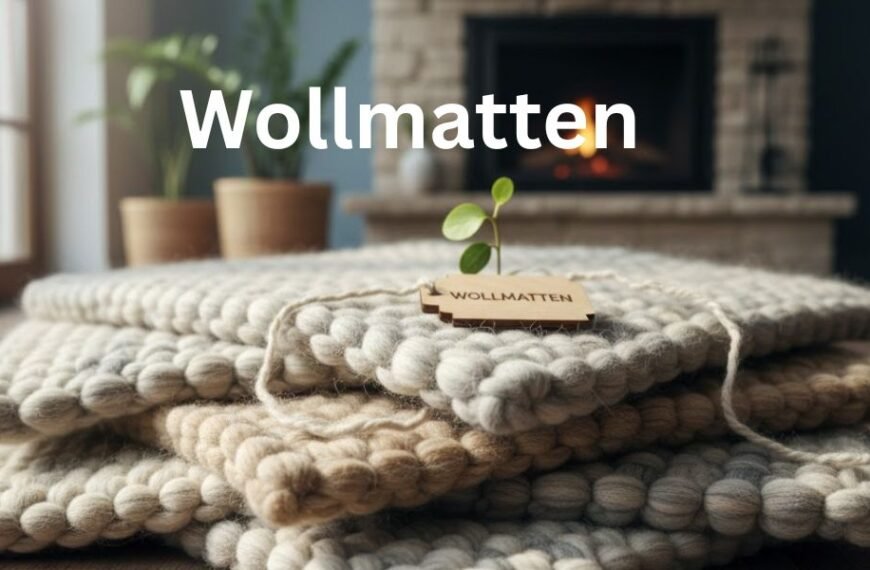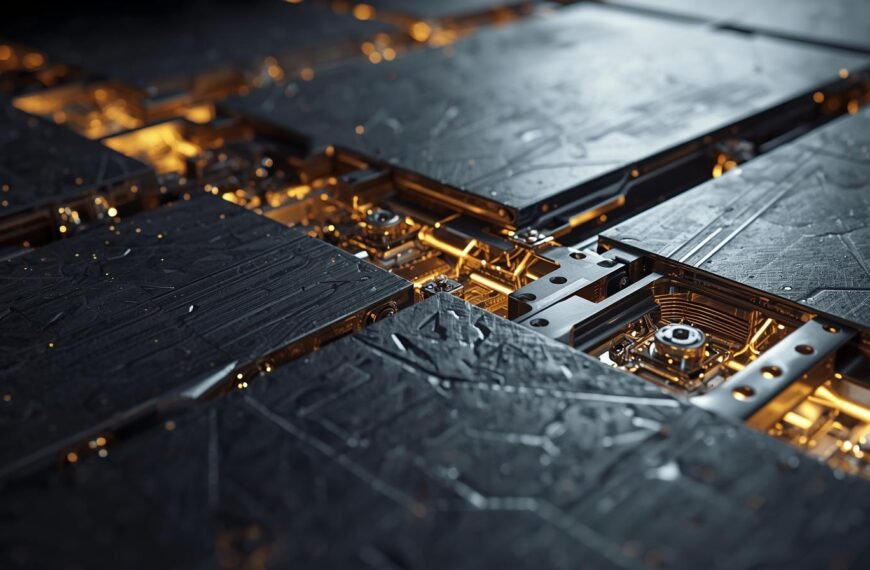In the world of construction, energy efficiency is no longer just a buzzword; it’s a necessity. As energy costs continue to rise and environmental concerns grow, the demand for energy-efficient buildings has never been more pressing. Metal buildings, known for their durability and versatility, can significantly benefit from high-performance insulation. This article explores five transformative ways that advanced insulation can enhance the energy efficiency of your metal structure.
Understanding the Importance of Insulation
Before diving into the specifics, it’s essential to understand why insulation is crucial for metal buildings. Metal structures are often subject to extreme temperature fluctuations, which can lead to increased energy consumption for heating and cooling. High-performance insulation acts as a barrier, reducing heat transfer and maintaining a stable internal environment. This not only enhances comfort but also lowers energy bills.
For those looking to explore energy-saving solutions for structures, high-performance insulation is a key player. Products designed specifically for metal buildings can provide superior thermal resistance, moisture control, and sound attenuation, making them an excellent investment for any property owner.
1. Enhanced Thermal Performance
One of the primary benefits of high-performance insulation is its ability to improve thermal performance. Traditional insulation materials may not provide adequate resistance to heat flow, leading to energy loss. In contrast, advanced insulation products, such as reflective or spray foam insulation, can significantly reduce thermal bridging and improve the overall R-value of the building envelope.
• Reflective Insulation: This type of insulation reflects radiant heat away from the building, keeping interiors cooler in the summer and warmer in the winter.
• Spray Foam Insulation: Known for its superior air sealing properties, spray foam expands to fill gaps and cracks, creating a tight seal that minimizes air leakage.
By investing in high-performance insulation, building owners can achieve a more stable indoor climate, reducing the need for heating and cooling systems to work overtime.
2. Moisture Control and Prevention
Moisture can be a significant issue in metal buildings, leading to mold growth, corrosion, and structural damage. High-performance insulation not only provides thermal resistance but also plays a crucial role in moisture management.
• Vapor Barriers: Many advanced insulation systems include integrated vapor barriers that prevent moisture from penetrating the building envelope. This is particularly important in climates with high humidity or significant temperature fluctuations.
• Breathable Materials: Some insulation products are designed to allow moisture to escape while still providing thermal resistance. This helps to maintain a healthy indoor environment and prolongs the lifespan of the building materials.
By effectively managing moisture, high-performance insulation can help prevent costly repairs and ensure the longevity of your metal building.
3. Noise Reduction
In addition to thermal and moisture control, high-performance insulation can also enhance acoustic comfort within metal buildings. Metal structures can amplify sound, leading to a noisy environment that can be distracting and uncomfortable.
• Soundproofing Properties: Insulation materials with high-density properties can absorb sound waves, reducing noise transmission between spaces. This is particularly beneficial in commercial settings, where noise can impact productivity and employee well-being.
• Layered Systems: Combining different types of insulation can create a more effective sound barrier. For example, pairing rigid foam insulation with mineral wool can provide both thermal resistance and sound attenuation.
By investing in insulation that addresses noise concerns, building owners can create a more pleasant and productive environment for occupants.
4. Cost Savings on Energy Bills
One of the most compelling reasons to upgrade to high-performance insulation is the potential for significant cost savings on energy bills. According to the U.S. Department of Energy, proper insulation can reduce heating and cooling costs by 20% to 50%.
• Lower Energy Consumption: With improved thermal performance, heating and cooling systems don’t have to work as hard to maintain comfortable temperatures. This translates to lower energy consumption and reduced utility bills.
• Incentives and Rebates: Many regions offer incentives for energy-efficient upgrades, including insulation. Building owners may be eligible for tax credits or rebates, further offsetting the initial investment.
By prioritizing energy efficiency through high-performance insulation, property owners can enjoy long-term financial benefits while contributing to a more sustainable future.
5. Increased Property Value
Finally, investing in high-performance insulation can enhance the overall value of your metal building. Energy efficiency is a key consideration for potential buyers and tenants, and properties with superior insulation are often more attractive in the real estate market.
• Market Demand: As energy costs rise and environmental awareness increases, buyers are increasingly seeking energy-efficient properties. High-performance insulation can set your building apart from others on the market.
• Long-Term Investment: While the initial cost of high-performance insulation may be higher than traditional options, the long-term savings and increased property value can make it a wise investment.
In conclusion, high-performance insulation is a game-changer for metal buildings, offering a multitude of benefits that extend beyond mere energy efficiency. From enhanced thermal performance and moisture control to noise reduction and cost savings, the advantages are clear. As the demand for energy-efficient structures continues to grow, investing in high-performance insulation is not just a smart choice; it’s a necessary step toward a sustainable future. Whether you’re a building owner, contractor, or architect, understanding the transformative power of insulation can help you make informed decisions that benefit both your property and the environment.






